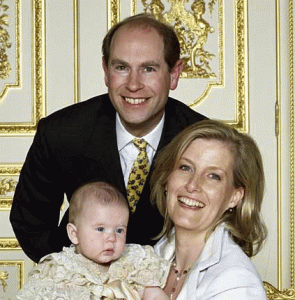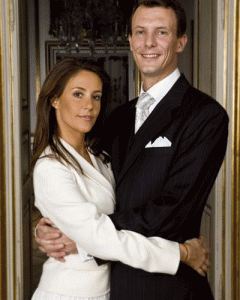Options for dealing with a troublesome Prince
April 23, 2011 1 Comment
The year was 1952. Louis St. Laurent was the Prime Minister of Canada, Doug Campbell was the Premier of Manitoba, and the world was only just starting to catch on to two new inventions that were about to bring big changes to our world: television, and a lively but controversial new fusion of country, jazz, blues and folk music called rock and roll.
It was also the year that Britain’s King George VI died, passing the Crown, and by the extension the job as Canada’s official head of state, to his 25-year-old elder daughter, Elizabeth.
Fifty-nine years later, Queen Elizabeth II is still on the job at age 85.
But for how much longer? Even if she lives to be as old as her mother, the late Queen Mother, that gives her only another sixteen years on the throne.
Under British succession laws, which automatically apply to Canada, the question of who eventually replaces her is crystal clear: the job would automatically pass to her 62-year-old son, Prince Charles.
Charles, however, has come under a great deal of criticism not just for his perceived eccentricities, but more seriously for accusations that he has used his position to interfere in politics and build a business empire. Some of these accusations are serious enough that the Globe and Mail reported this weekend that there are moves afoot to deny Charles the throne.
Thus, if the Queen were to pass away in the next couple of years, Charles would remain a mere prince while his son William and daughter-in-law Kate would become King and Queen.
This raises difficult questions about what to do about the succession here in Canada.
One option is for Canada to officially change from a monarchy to a republic, retaining a parliamentary system of government but adopting a Finnish- or Irish-style figurehead President as head of state.
While some polls have shown that about one-half of Canadians would support parting ways with the British monarchy, it would require a massive overhaul of the Constitution, a less popular idea.
Another option would be to take the succession into our own hands by hiring a lesser-known overseas royal who would be the official heir to Elizabeth II in her official role as Queen of Canada, and would move into Rideau Hall and take over as head of state on Elizabeth’s death or abdication.
Theoretically it would be a contravention of the Statute of Westminster which requires that changes to the succession be approved by all countries affiliated with the British monarchy.
But the Statute contains no enforceable provisions. If we made a change unilaterally, and backed it up with a referendum, would any other Commonwealth member dare to be seen attempting to interfere in Canada’s internal affairs, or would they simply accept the decision as a fait accompli?
I’m willing to bet the latter.
So, who might we invite to take up residence in Canada as the new Head of State on Elizabeth II’s passing?

Britain's Prince Edward? A low-key royal whose more egalitarian attitudes are more in line with Canadian ways.





Recent Comments